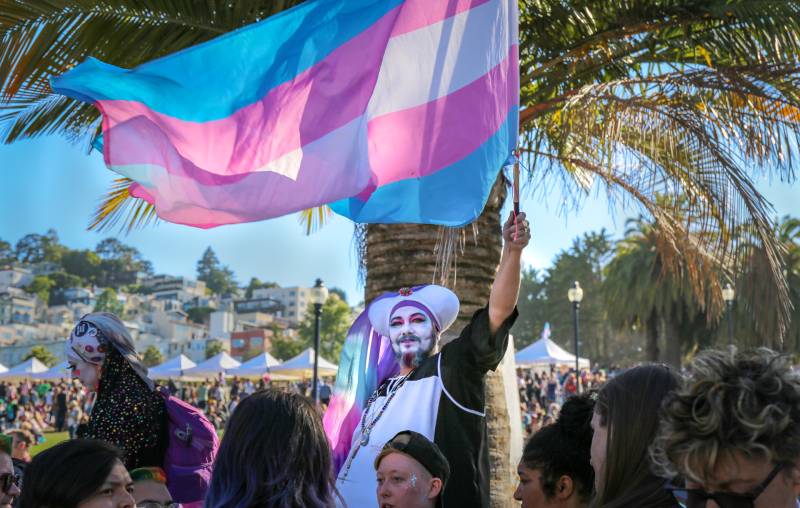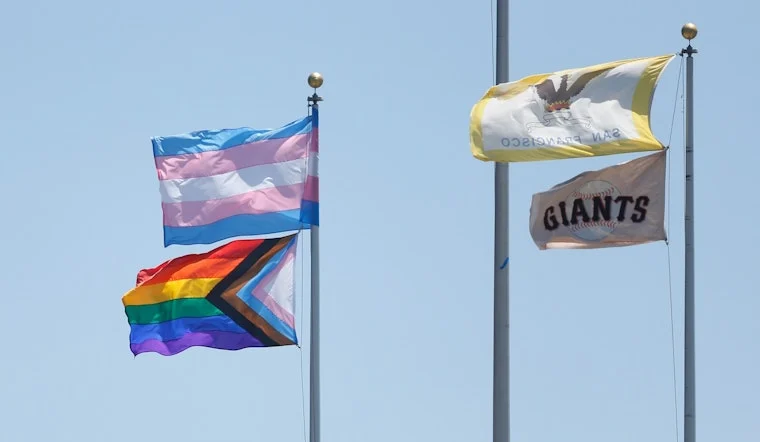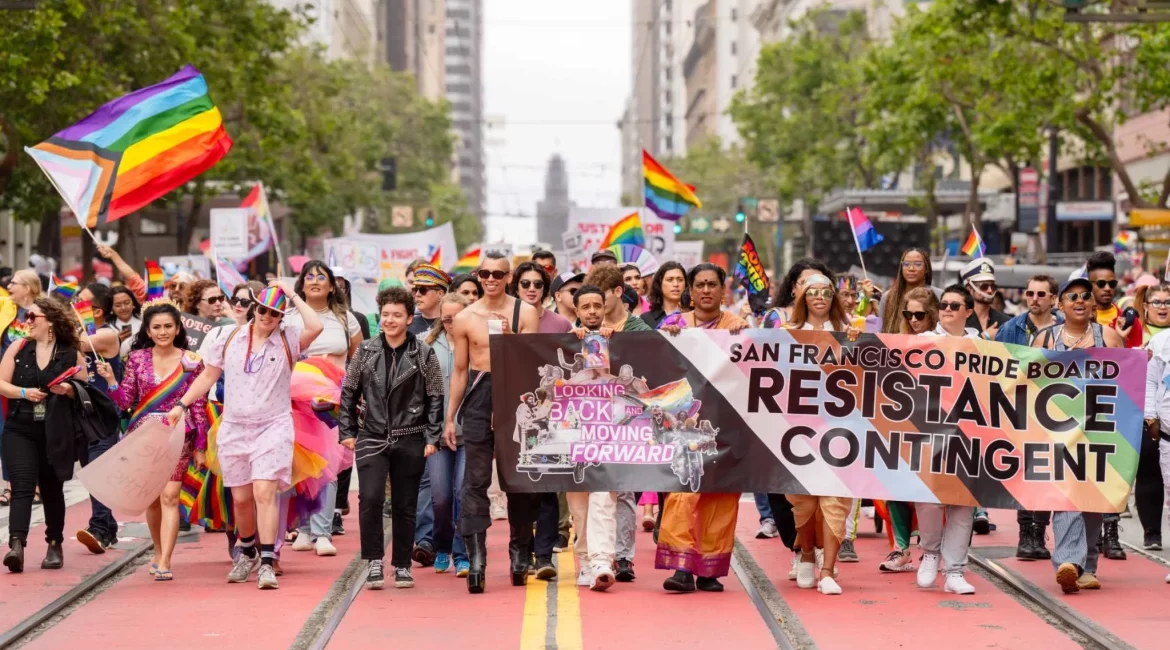San Francisco has announced its new status as a “sanctuary city” for transgender people, reaffirming its reputation as one of the most progressive and inclusive cities in the world. The move aims to provide safety, rights protection and support to transgender people facing discrimination and harassment in other parts of the country. City officials emphasize the importance of creating a safe and welcoming community for all residents, regardless of gender identity.
Transgender protections in San Francisco: national policy reflections and the city’s response
The City Council unanimously passed a resolution to designate San Francisco as a sanctuary, making it one of the first major cities in the country to take such a step. This declaration officially recognizes the city as a safe haven for transgender, non-binary, gender non-conforming, and Two-Spirit people (a term applied to Indigenous people who identify as both masculine and feminine), providing them with access to health care related to transition.
“We are seeing an influx of people seeking care and refuge not only from other countries, but also from other states,” said Honey Mahogany, director of the Office of Transgender Initiatives in San Francisco.

The resolution notes that the announcement comes as anti-LGBTQ legislation is being considered in 40 states across the country, with nearly half of those bills targeting transgender youth.
Dozens of states are taking steps to restrict access to gender-affirming services: Just over 600 bills protecting transgender rights were considered in 2023, while that number was closer to 600 in 2024, according to the Trans Legislation Tracker.
History and Modernity: San Francisco as a Support for Transgender and Gender Nonconforming People
In April, Tennessee lawmakers passed a law that would make it a crime for adults to assist in gender reassignment procedures for minors. Meanwhile, in Florida, Republican Gov. Ron DeSantis signed a law banning transgender health care for youth, even though a federal judge recently ruled important provisions of the law unconstitutional.
Rafael Mandelman, an executive representing the Castro, one of the first gay neighborhoods in the country, told The San Francisco Chronicle that the initiative was a direct response to conservative attacks on transgender people.
“Most of these laws specifically target transgender people, including young people,” he said. “When other cities and states spread hate, places like San Francisco must step up support and love.”

“With this statement, we reaffirm that our city has always been and will always be a haven and a place of reference for our transgender and gender non-conforming fellow citizens,” he added.
Mahogany noted that because of the “unheard-of level of attacks” on transgender rights and their bodily autonomy, “more and more people are flocking to places like San Francisco.” “We are already seeing how these policies are stimulating increased demand for related services.”
San Francisco has a long history of engagement with the LGBTQ community. Since the 1960s, it has been home to one of the country’s first gay neighborhoods, the Castro District. The city is also home to the nation’s first transgender cultural district, known as the Compton Transgender Cultural District. The neighborhood was founded in 2017 by three Black trans women, including Mahogany, and pays homage to the site of the 1966 riot against police violence against transgender people. Sacramento and West Hollywood have also recognized themselves as transgender havens.

